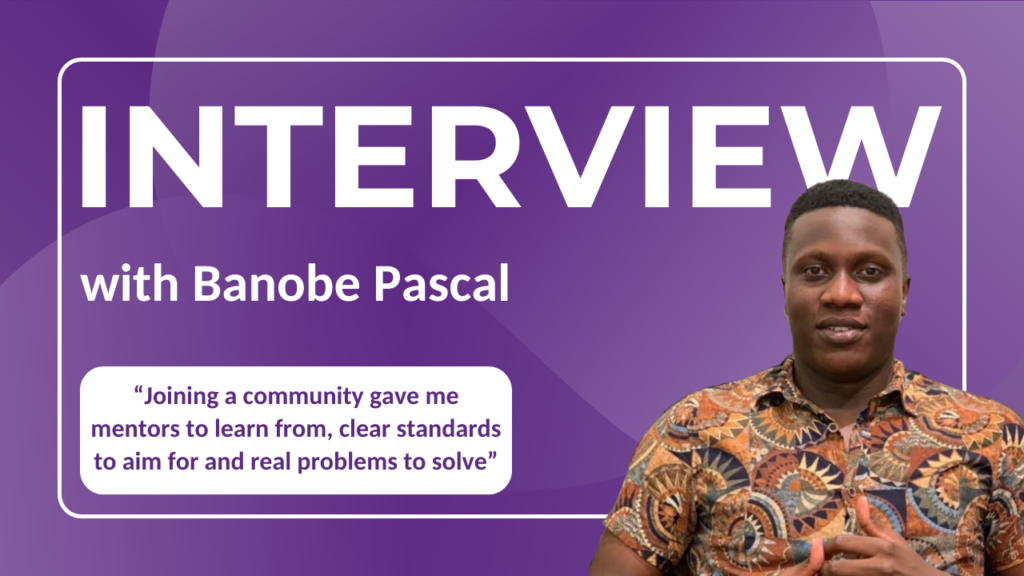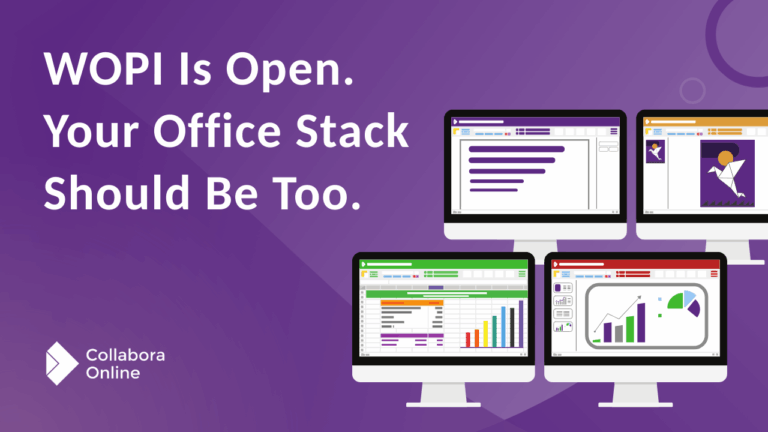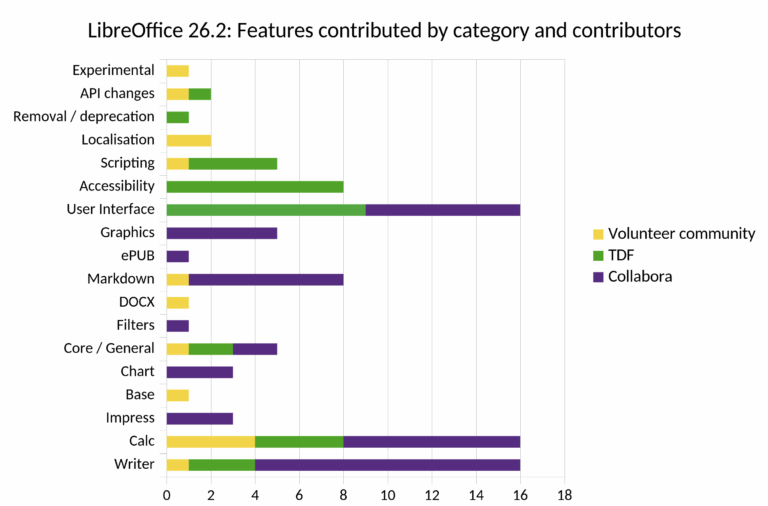
Welcome to our interview series, where we chat with the passionate people behind the Collabora Online code. Collabora Online is made possible by the worldwide team, community, contributors and partners. Today, we’re sitting down with Banobe Pascal, Senior Frontend Engineer at Collabora Productivity, to discuss his journey into tech, his passion for open source, and what it’s really like to work at the forefront of online collaboration.
About Banobe
Banobe’s passion for technology began with a journey from simple solo projects to the dynamic world of open source. He found that while solo work was rewarding, it was also isolating. It was the shift to open source that provided him with mentors, code reviews, and the opportunity to contribute to technology used by millions. This blend of continuous learning, collaboration, and real-world impact is what continues to drive him.
What was your first experience with tech?
I started by “building” simple websites in PowerPoint, then graduated to Dreamweaver, where I used its visual editor instead of writing code. After a while, the limits became obvious, so I dove into HTML, CSS, and JavaScript to get full control over layout, behavior, and polish. That’s when it really clicked for me.
What inspired you to get into Open Source?
I started with solo projects to learn new technologies. It was rewarding but also isolating and slow; Open Source changed that for me. Joining a community gave me mentors to learn from, clear standards to aim for, code reviews, real problems to solve and real product context. Contributing let me practice strong engineering habits, learn faster and be part of technology that people actually use. That blend of learning, collaboration, and real impact is what drew me into Open Source.
What’s the one Collabora Online feature you’re most excited about right now?
I’m excited about adding icons to the context menu because it improves speed and confidence. Icons reduce the time it takes to find the right action, especially for frequent tasks like copy, paste, insert, or format. The menu becomes easier to scan, the visual language matches the toolbar, and users rely less on reading long labels. This change is simple to understand for new users and it rewards power users who navigate by recognition.
How did you first hear about Collabora Online?
I first came across Collabora Online while scrolling LinkedIn. A connection had liked one of their posts, which led me to the Collabora Online page. I spent time reading through the updates, and the focus on Open Source and real product impact caught my attention. That curiosity turned into a habit of following their work more closely, and it eventually led me to explore how I could join the community.
What’s the best part of working at Collabora or contributing to the community?
For me, the standout is the mentorship culture. Experienced contributors share time for code reviews, design critiques, and thoughtful guidance, which accelerates my growth as an engineer. Collaboration is healthy and direct. We write clearly, we discuss trade-offs in the open, and we ship with shared ownership. That clarity in communication makes complex work feel achievable.
What do you think will be the biggest development challenges over the next few years?
From a UX/UI perspective, the biggest challenge is shipping feature-rich or complex products that still feel simple. The goal is to keep the surface calm with clear structure and smart defaults, reveal depth only when it’s needed, and make interactions fast, accessible, and consistent across platforms so power users can move quickly without leaving new users behind.
What’s one productivity tip you swear by?
I use journalling and scheduling. I start each morning by writing 3–5 priorities and adding them to my calendar, plus also noting potential blockers. During the day, I check the journal to stay on track. At the end of the day, I review what moved, what slipped, and why. Then, I schedule the next steps. This habit keeps me focused, reduces priority switching, and turns lessons from each day into a clear plan for tomorrow.
What’s your ‘day in the life’ really like?
I start with a quick home workout like skipping rope, mobility, and stretching, then a shower before getting started with work. I scan emails and messages, write down a few priorities in my journal, and schedule them. I protect one or two deep-work tasks and handle collaboration and reviews in the afternoon. I wrap up with a brief review, then take an evening walk or jog to reset.
How has remote working changed your life?
Remote work has made me more accountable and intentional. I set clear goals, plan my day, and manage my energy without someone looking over my shoulder. It has also improved how I collaborate across time zones and cultures by writing clearly, sharing context, and confirming alignment on next steps.
Outside of work, what’s a hobby or interest that you’re passionate about?
I am passionate about fitness and sport. I run a few times a week and mix in aerobics for conditioning. I also follow football, the NBA, Formula One, and tennis. Training keeps me disciplined and clears my head.
Banobe’s journey is a great example of how Open Source can transform a solo passion into a collaborative mission. His story is a great example of the real impact engineers can have when they’re part of a community that values mentorship, transparency, and shared ownership.



